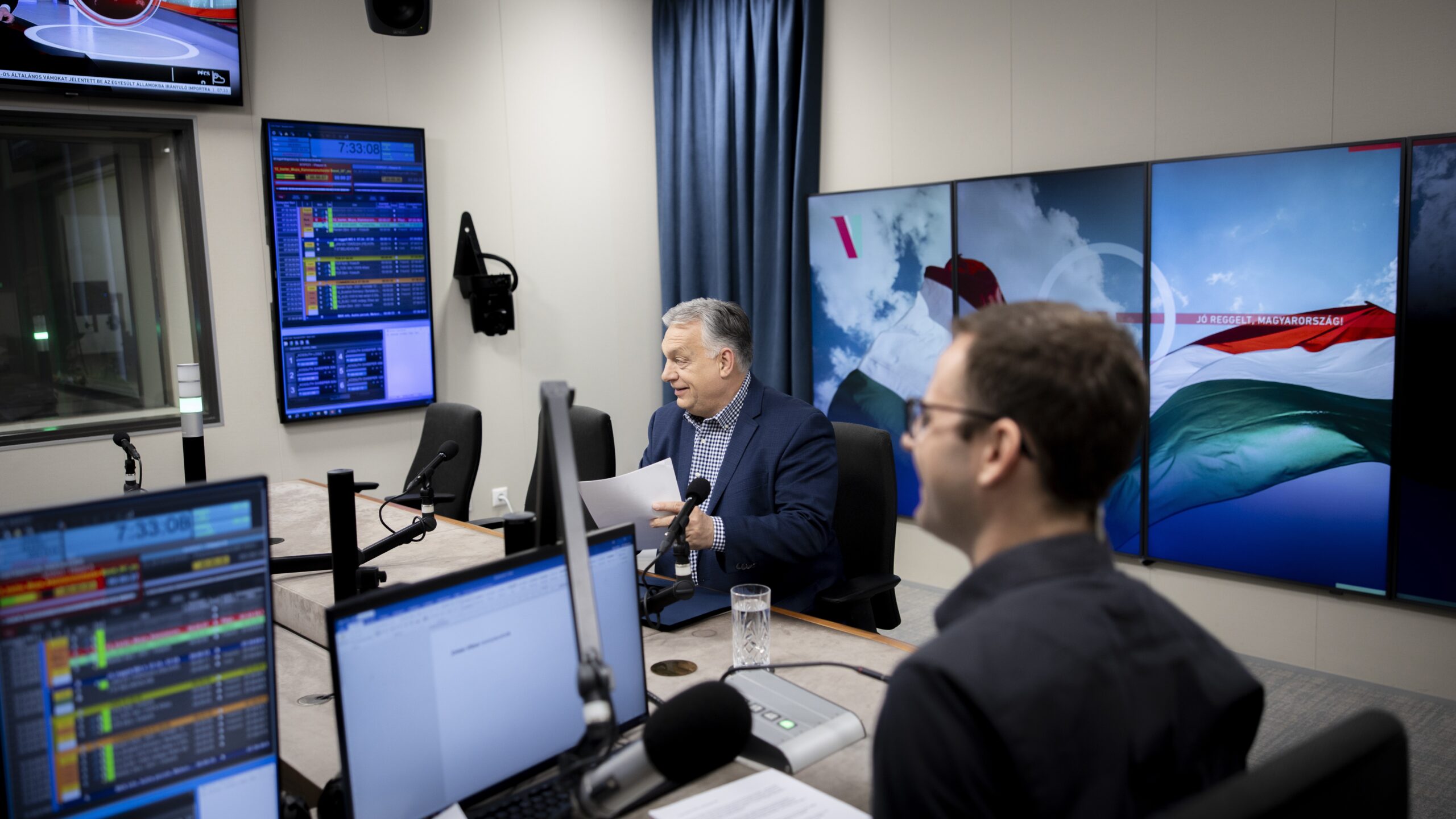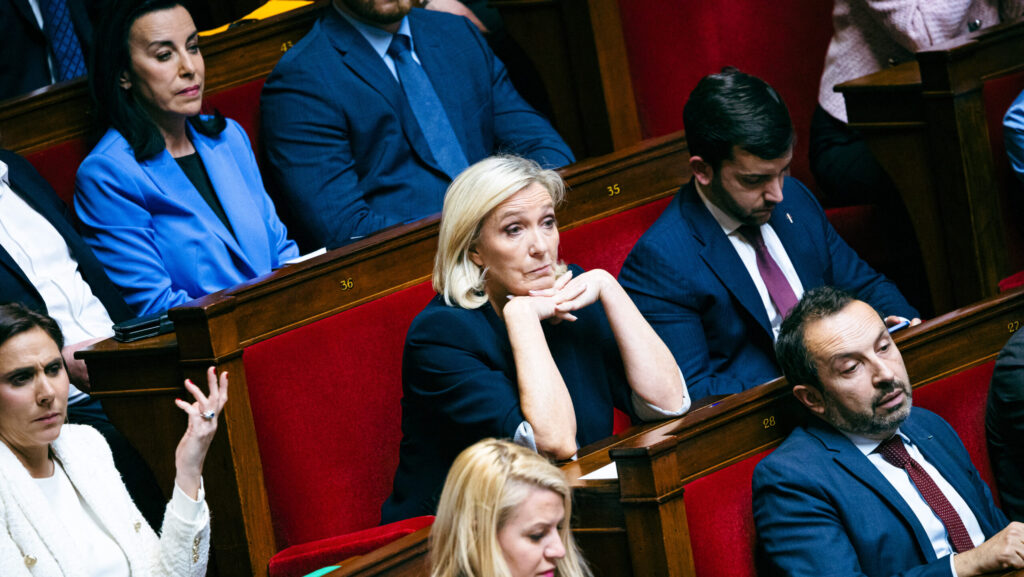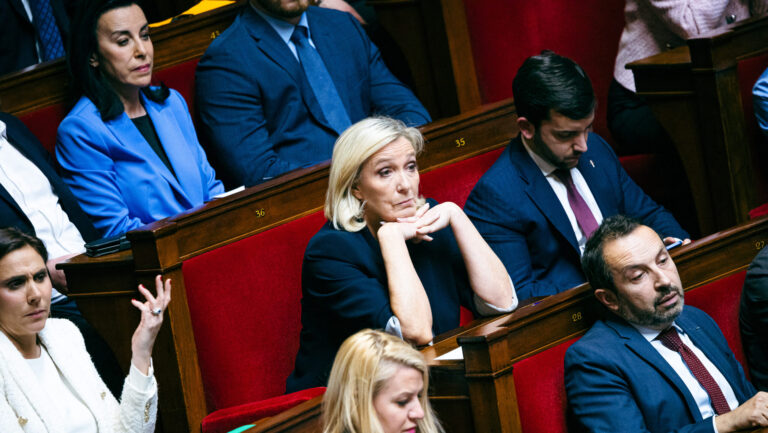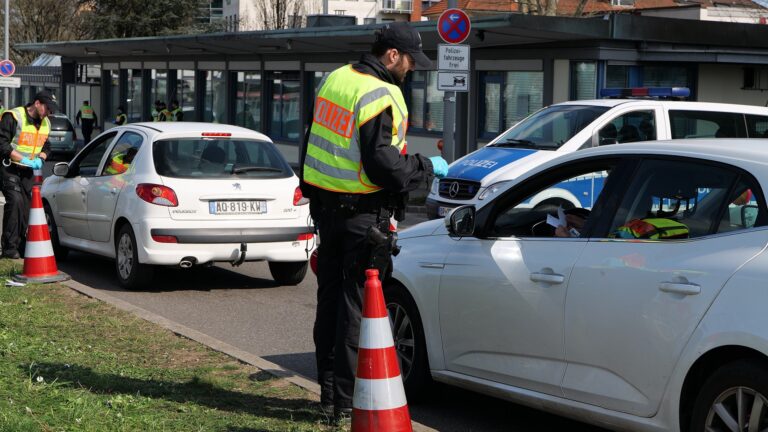Prime Minister Viktor Orbán announced that Hungary will exit the International Criminal Court, arguing that it has become a political institution that undermines the independence of sovereign nation-states. In an interview on public Kossuth Radio, Orbán pointed out that Hungary never formally adopted the ICC treaty into domestic law and emphasized that other countries, such as the United States and Israel, also remain outside the organization. Referencing Israeli Prime Minister Benjamin Netanyahu’s recent visit to Budapest, Orbán declared that Hungary will not arrest visiting foreign leaders, reiterating that Israel is an ally.
He warned that antisemitism is rising in Western Europe, a trend he linked to increased migration. According to Orbán, while many Western governments claim to reject antisemitism, their tolerance is far from absolute. He contrasted this with Hungary, where he said the Jewish community is safer than anywhere else in Europe and where Israeli tourists and business interests are warmly welcomed. He noted that for many Hungarians, particularly in Budapest, Israel is almost a second home, and events in the Middle East matter personally to them.
Orbán laid out his vision for the coming year, which includes both economic and political goals. He promised to fight inflation, cut taxes, support small and medium-sized businesses, and provide targeted assistance to pensioners. On the political side, he wants to halt foreign funding in Hungarian political life, consult the public on Ukraine’s potential EU membership, strengthen child protection, and boost development in smaller communities. A major focus will also be on combating drug trafficking, which he described as a growing and dangerous problem.
The prime minister said Hungary’s economic growth will be gradual but steady, creating the foundation for these goals. He believes job creation is essential and said employment in Hungary is at a historic high, including record participation from the Roma community. Orbán expressed a desire to raise employment even further and outlined plans to reach five million people in work.
‘He emphasized that a strong economy is essential for national defence and added that peace remains Hungary’s top priority’
In terms of foreign policy, Orbán criticized the West for pursuing what he called a war strategy in Ukraine, while Hungary supports peace. He voiced strong support for Donald Trump, claiming that under his leadership the Ukraine war would not have spread westward. Orbán argued that Europe’s current approach focuses too heavily on military spending and maintaining Ukraine’s armed forces, rather than seeking an end to the conflict. He emphasized that a strong economy is essential for national defence and added that peace remains Hungary’s top priority, regardless of whether the broader European context supports it.
On the domestic front, Orbán addressed the burden of price increases, particularly in food, telecommunications, and banking. He said food inflation required the quickest response, and while he hopes for cooperation from telecom providers, he is prepared to intervene if necessary. He also challenged the banking sector to control rising costs, given its recent profitability, and said he sees a realistic chance for agreement in this area.
Speaking about his recent visit to the village of Tarnazsadány, Orbán described drug abuse not as an abstract issue but as a personal and societal crisis. He recounted conversations with families affected by synthetic drugs and commended local leaders and police for their ongoing efforts. More than a thousand anti-drug operations have already been carried out, resulting in the seizure of large quantities of narcotics.
He stressed that Hungary applies a policy of zero tolerance toward drug dealers, not users. The government plans to confiscate properties and profits associated with drug trafficking and seek the harshest penalties for those responsible. Orbán insisted that eliminating distribution networks is the key to reducing drug use and achieving a drug-free Hungary. He also reminded listeners that drug use is already illegal in Hungary, though first-time users who seek rehabilitation are not prosecuted.
Finally, Orbán addressed recent protests in Budapest, where demonstrators blocked major bridges, creating traffic chaos. He announced plans to propose legislation that would better represent the interests of those not participating in protests. While affirming the importance of freedom of assembly, he said it’s unreasonable for tens of thousands of commuters to be disrupted by the actions of a few hundred people. He concluded that the law will be amended to prevent court rulings from enabling simultaneous shutdowns of key infrastructure, as recently occurred in the capital.
Related articles:








